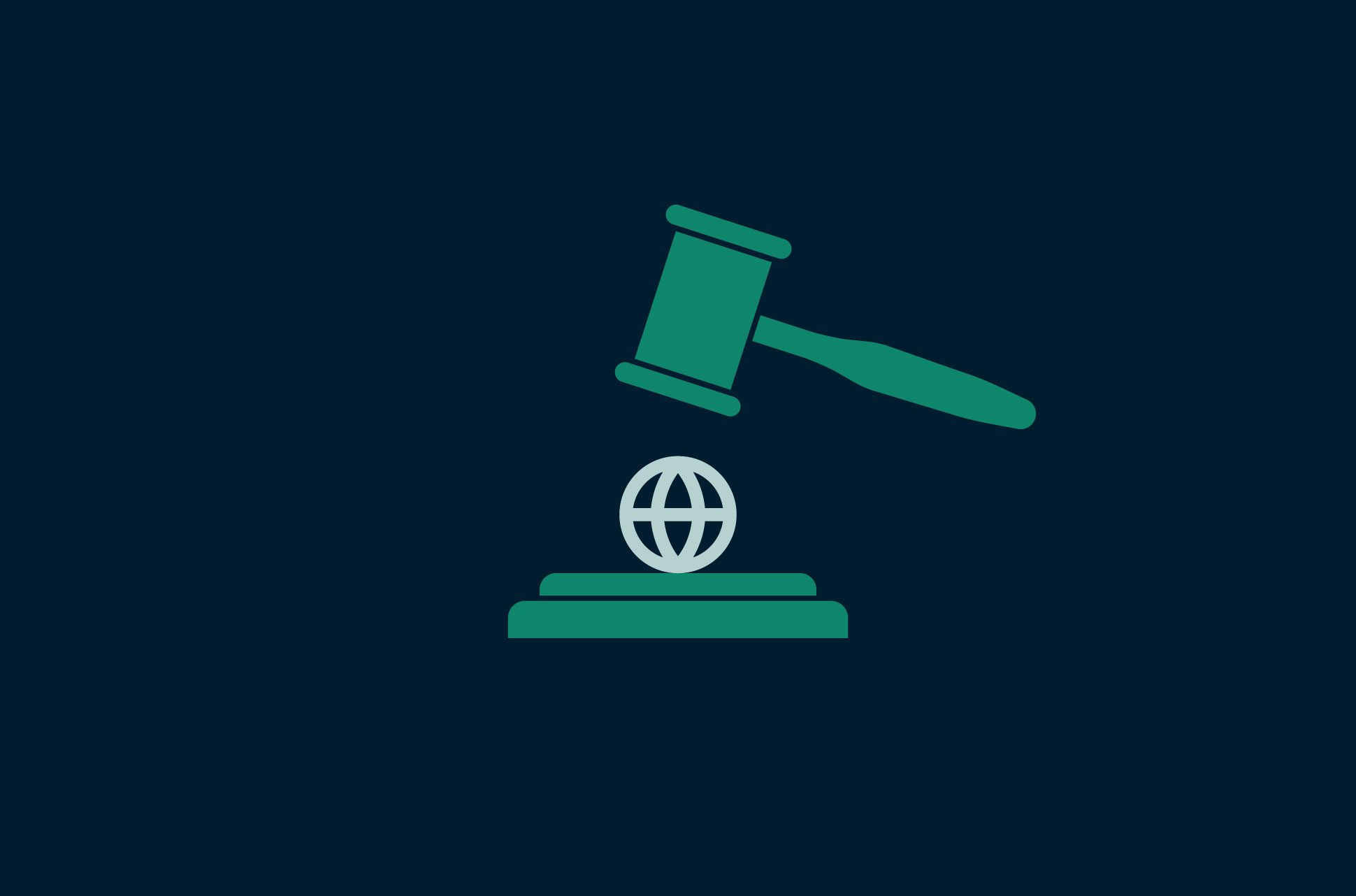
We frequently hear about regulatory shifts for Big Tech in the U.S. and the EU, and what that might mean for some of the world’s biggest companies and individual privacy.
But recently, a small group of government officials representing Canada, France, Australia, Germany, and Finland have come together (virtually) to develop a policy framework that could impact how technology companies operate.
The effort, spearheaded by Canada and referred to as the “Working Group on Diversity of Content Online,” aims to ensure that citizens are able to access diverse content that is reliable, that content creators are compensated for their work, and that algorithms surrounding online content are transparent.
[Get a weekly roundup of privacy stories and hot takes. Subscribe to the ExpressVPN blog newsletter].
Their cause is noteworthy, but so is the group of countries involved—spanning three continents. This sort of joint effort might be a sign of things to come, as far as regulations in the tech world are concerned. Here’s why.
Ruling Big Tech: It’s a question of clout
It comes as no surprise that the most robust regulation, or at least government censure of Big Tech, has emanated from the U.S. and the EU. As the headquarters of most of these companies, the U.S. is able to summon CEOs for congressional hearings, where they face scrutiny and public dressing downs from senators and other officials. The EU, with 27 member states and a total population of nearly 500 million, can flex its muscles—it’s simply too big a market for Silicon Valley to ignore.
Countries with smaller populations like Canada and Australia are inextricably linked to the West—given their deep-rooted cultural, social, and economic ties—but don’t have the same strength in numbers to play hardball. In Australia, for instance, Facebook abruptly prevented all users in the country from sharing or accessing any news content on the site in response to a draft law that would require it to pay publishers for posts.
The Australian government reacted by saying Facebook’s unilateral move demonstrated the "immense market power of these digital social giants.”
Eventually, Facebook’s bullying had the intended effect. Australia agreed to amend the draft legislation, with Facebook CEO Mark Zuckerberg negotiating directly with relevant officials down under.
The negotiations were later described by Australian Treasurer Josh Frydenberg as “difficult.”
A similar incident in 2014 resulted in Google shutting down Google News in Spain after being hit with a directive to pay publishers. Rather than attempt to comply with local regulations, the company opted to steer its own course. And while that’s perfectly legal, deplatforming millions of users and denying them access to things like news and information raises multiple ethical considerations.
5 countries spearhead cross-continental tech regulations
That’s part of the reason the Working Group on Content Diversity has been eager to join forces. The countries involved believe they can only prevent the excesses of Big Tech if they present a united front, reports Macleans.
On the agenda for the group is a joint declaration slated to be released later this year. It will leave each country free to develop its own laws but provide a framework for governance and regulation. The idea is to negotiate from a position of strength.
“A global Internet giant can try something against one country, but if there is a unified position among various governments, then it becomes completely different,” said Paul Fletcher, Australia’s Minister for Communications, Arts and Cybersecurity, to Macleans.
Canada and its friends around the world may have taken the first tentative steps toward a united framework, but it can be argued that they’re simply responding to the wants of their population. American skepticism on Big Tech is well known, and an Amnesty International poll in late 2019 revealed that 73% of people want stricter regulation, while 71% are worried about how tech companies process their personal data.
The poll surveyed 10,000 people on their attitudes towards Big Tech and online privacy across Brazil, Denmark, Egypt, France, Germany, India, Norway, South Africa, and the U.S. The results were a damning indictment of the invasiveness of Big Tech and how people feel about privacy violations.
As the earlier examples show, Big Tech knows it’s an inextricable part of people’s lives and won’t back down easily. Often it’s governments that have to bow to its will and not the other way around.
Global regulation: Precedents in the business world
There is, of course, enough precedent for business laws that span the globe. The World Trade Organization, for example, helps serve as the regulatory body for international trade. It is the prime arbiter for disputes, and its decisions are legally binding across all member states. Intellectual-property laws are another example, where a company can be banned from doing business overseas if it copies a certain product and passes it off as its own.
With Big Tech occupying multiple positions in the rankings for the world’s largest companies, it’s mystifying that there is no global standard that monitors and controls their behavior. Meanwhile, Walmart and Nestle, which are both on the list, have exhaustive quality-control standards, labeling requirements, and multiple other protocols they must adhere to or run the risk of fines and reputational damage. But when it comes to inflammatory content or fake news on social media, the platforms can simply shrug their shoulders and claim it’s not their issue.
Can the world agree on Big Tech regulations? Let us know what you think in the comments!
Take the first step to protect yourself online. Try ExpressVPN risk-free.
Get ExpressVPN




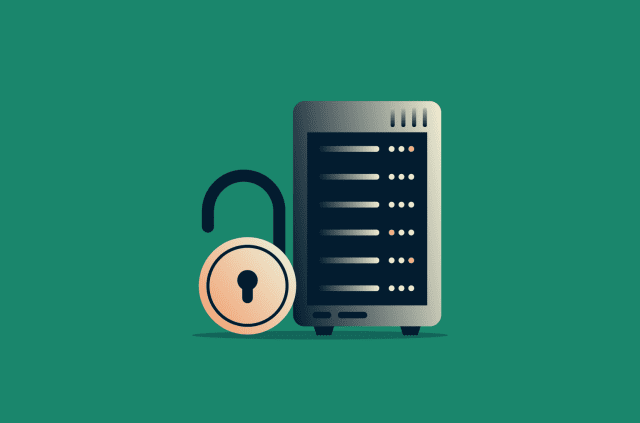


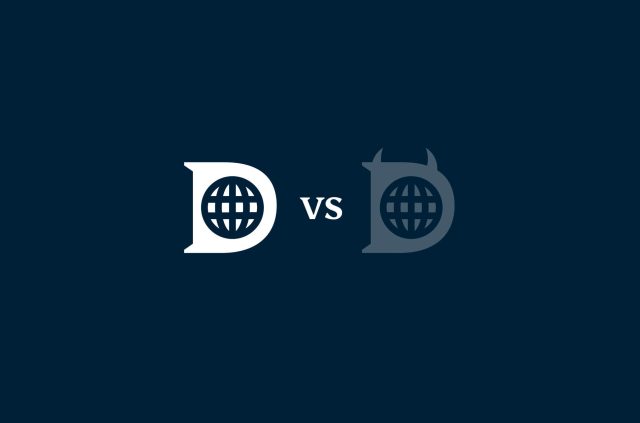


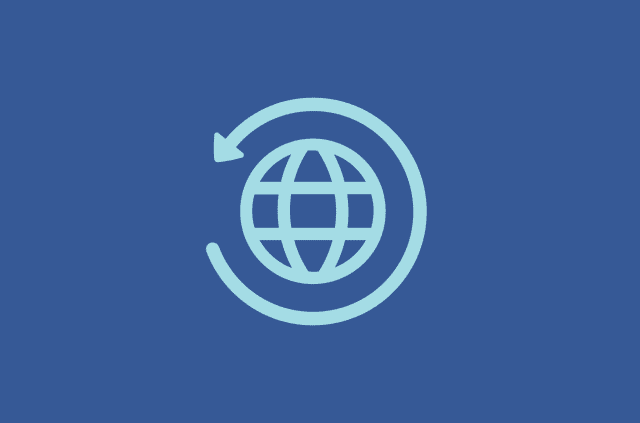

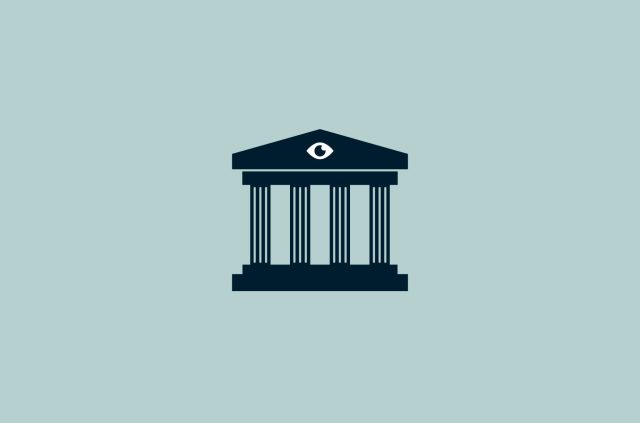

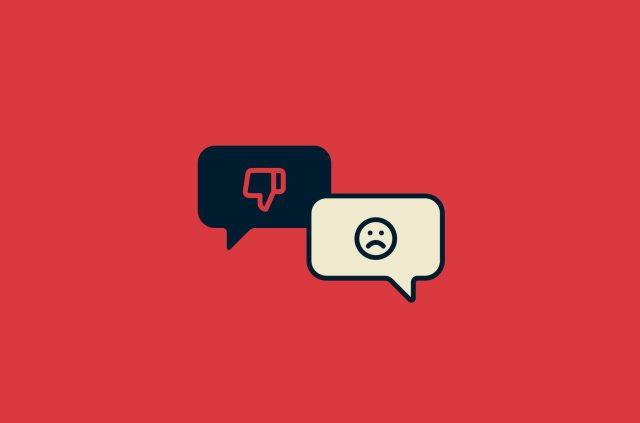





Comments
Why am Poland blocked on ExpressVPN
Our data center in Poland is undergoing planned maintenance and will be back shortly (within a day).
Regardless of the truth or falsehood, China has made it possible. So it seems like an impossible problem under freedom and equality. However, the Werther effect suggests that fabricated false news can also have a strong ripple effect. The world can agree, and it is not impossible, if social awareness spreads and strong responses like terrorism are made. Anyway, They can't tax Big Tech.
Another country imposing its mandate(s) is unacceptable. Our system is currently different from Communist China's system. We are currently free, Communist China is far from free. Short answer again, NO.